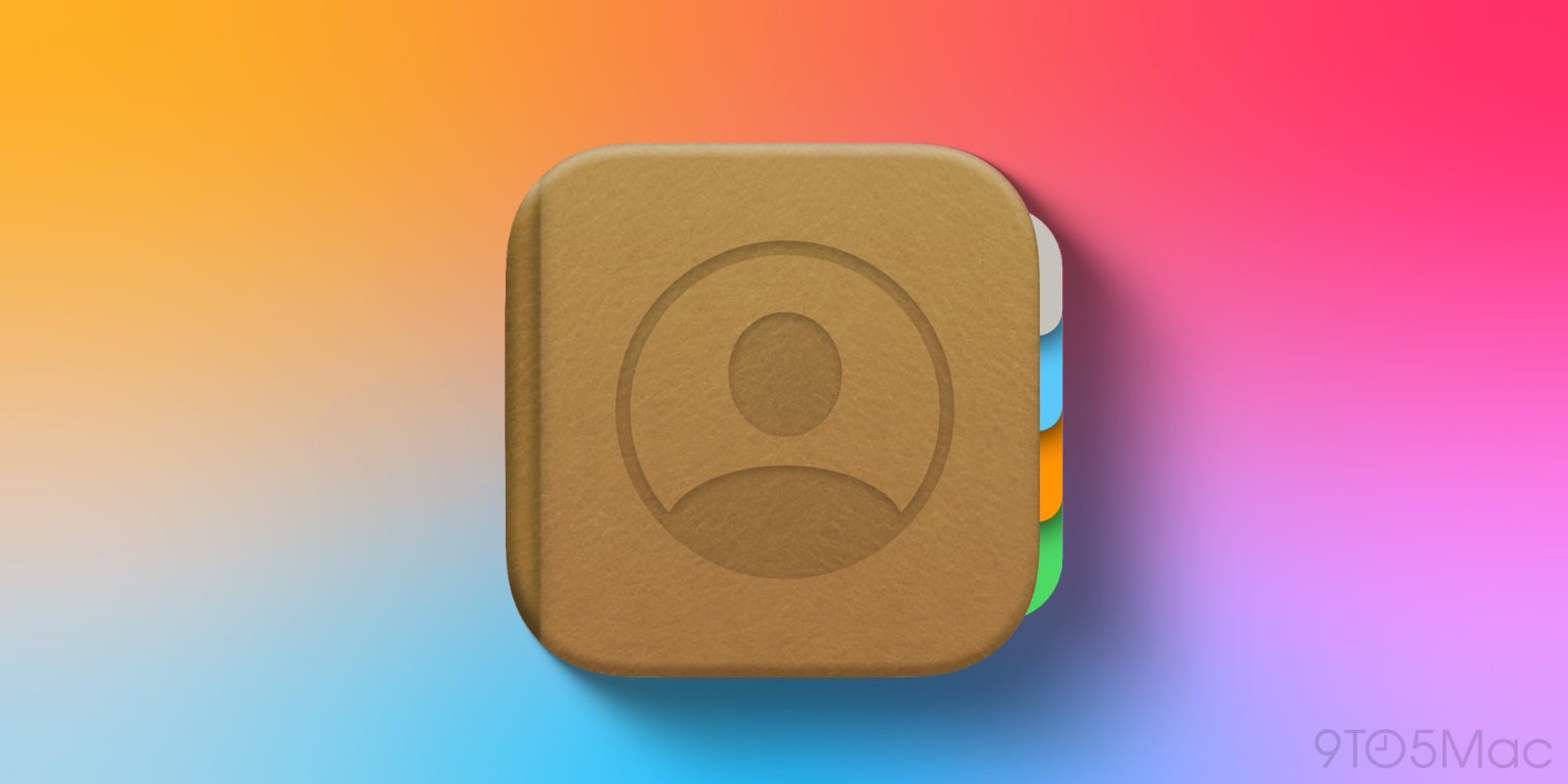
Last month, The Atlantic’s editor-in-chief Jeffrey Goldberg revealed that he had been accidentally included in a government group chat where confidential war plans were shared. US National Security Advisor Mike Waltz was the one who added Goldberg, but he blamed the number getting “sucked in” by his phone. Now, a new report at The Guardian explains how an iOS feature played a key role in the whole mess.
Hugo Lowell writes at The Guardian:
According to three people briefed on the internal investigation, Goldberg had emailed the campaign about a story that criticized Trump for his attitude towards wounded service members. To push back against the story, the campaign enlisted the help of Waltz, their national security surrogate.
Goldberg’s email was forwarded to then Trump spokesperson Brian Hughes, who then copied and pasted the content of the email – including the signature block with Goldberg’s phone number – into a text message that he sent to Waltz, so that he could be briefed on the forthcoming story.
Waltz did not ultimately call Goldberg, the people said, but in an extraordinary twist, inadvertently ended up saving Goldberg’s number in his iPhone – under the contact card for Hughes, now the spokesperson for the national security council.
Clearly, a confluence of unfortunate events ultimately led to the massive mistake.
An email being copy/pasted into a text, coming from someone who didn’t write the email, then led the iPhone to make a Contacts suggestion.
That suggestion, however, was for the wrong person, and Waltz accepted it.
According to the White House, the number was erroneously saved during a “contact suggestion update” by Waltz’s iPhone, which one person described as the function where an iPhone algorithm adds a previously unknown number to an existing contact that it detects may be related.
The mistake went unnoticed until last month when Waltz sought to add Hughes to the Signal group chat – but ended up adding Goldberg’s number to the 13 March message chain named “Houthi PC small group”, where several top US officials discussed plans for strikes against the Houthis.
9to5Mac’s Take
In the end, The Guardian’s reporting certainly does help explain how something as wild as this whole story could have actually happened.
No doubt, there were several points along the way when the parties involved should have recognized the error for what it was. Especially when messaging about something so confidential.
That said, for me this explanation takes the whole thing from, “How could this have possibly happened?” territory down into something like, “What a disaster…but that makes sense.”
The iPhone’s Contacts suggestion feature has I’m sure proven very helpful to millions of users over the many years it’s been available. But perhaps now that we’re entering a new AI era for computing, Apple can give it a little Apple Intelligence upgrade in the future.
What do you make of this explanation for The Atlantic’s group chat story? Let us know in the comments.
Best iPhone accessories
FTC: We use income earning auto affiliate links. More.




